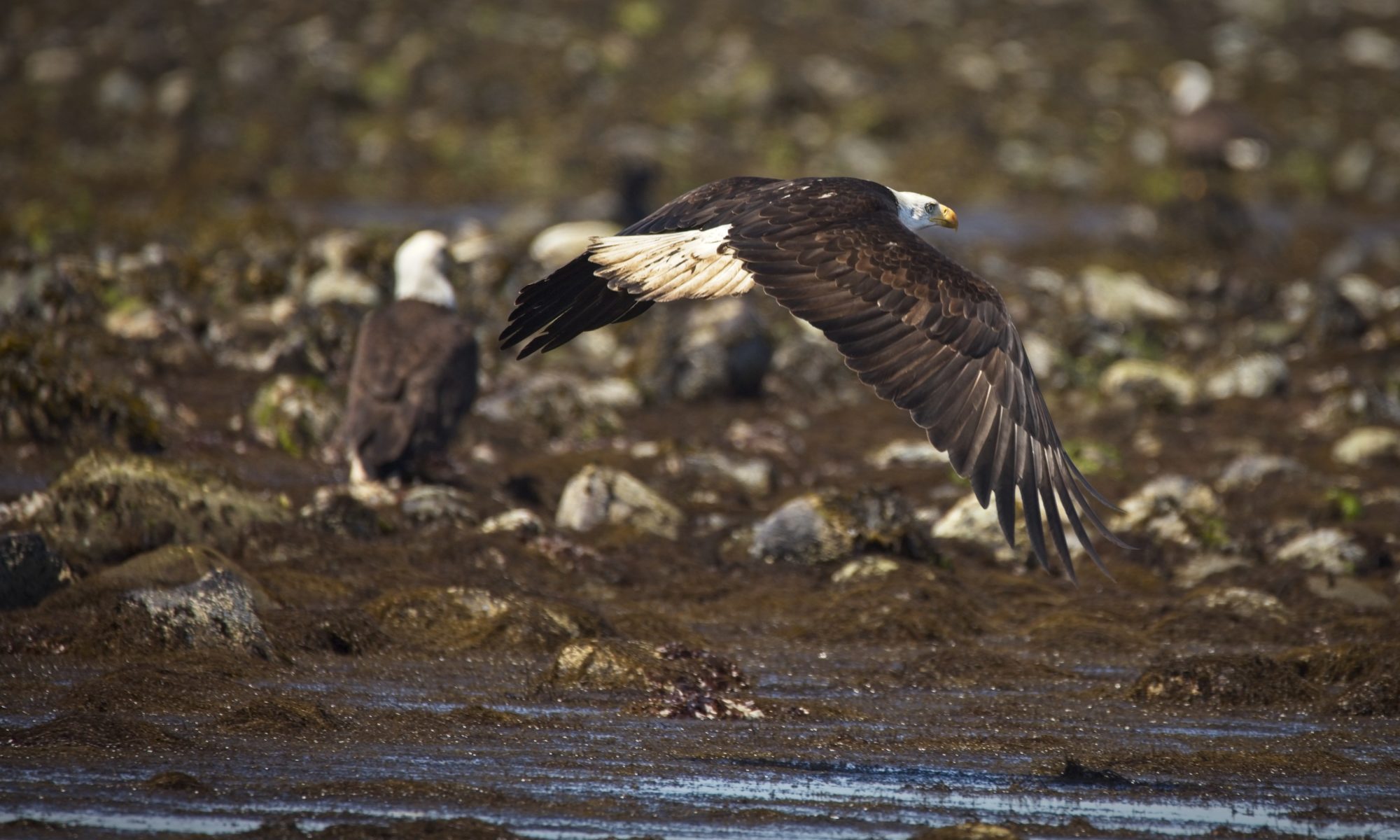It’s a Monday morning and I’m having a coffee chat with Rob Anaka, the owner and creator of two unique walkers that are gaining a lot of attention. The conversation has deepened into what he really wants people to know about his walkers, about MS — and about disability in general. “I want them to know they don’t have to stay home on the couch. They can have the freedom to go places with their family, children, and grandchildren. There’s hope they can have a little of their life back.”
Rob was first diagnosed with relapsing-remitting Multiple Sclerosis in 1994, and his symptoms were mild for many years. It wasn’t until 2006 that the diagnosis became progressive, and he woke up one morning and collapsed when he got out of bed. What followed was two years of acute and painful attacks that left him feeling lost and hopeless, wondering what the rest of his life was going to look like. He began to see a psychiatrist to help him cope with the diagnosis, with the symptoms. She suggested he engage in something that held meaning for him — something that could keep him busy and motivated. He decided to return to his love of photography.
It was on a photography trip to the bird sanctuary in Calgary, then his hometown, that he realized how restricted his life was going to be living with his diagnosis. “I didn’t have the freedom to move around the sanctuary, and it was a bit icy, snowy that day … I ended up dragging the walker behind me; it wasn’t working. That was when the lights went on.” He had the idea to build and develop his own walker model; one that allowed for freedom and mobility the way the only available current models didn’t. Around this time his daughter had her first baby. Rob went out stroller shopping with her and upon testing out a variety of models with large all-terrain wheels, he realized, “these wheeIs will work, and I can build this myself.”
Rob’s family and the communities around him have been extremely supportive, especially on Vancouver Island, to which he and his wife relocated from Calgary in 2013. They currently reside in Parksville, a community immense with beautiful beaches, parks, and walking trails. Rob enjoys them all year long, thanks to his newfound mobility which allows him access to places that, with the progressive nature of his symptoms, would not otherwise have been easy for him to navigate.
Once his idea was born, he realized he could completely change the dynamics of walking. He could have the freedom to pursue his hobby, go on a picnic to the park with his family, enjoy all the things he could before he became ill. When I ask him, what makes it really special, really meaningful to him, he thinks for a moment, then replies, “It’s part of me, it’s an extension of my arms and legs. I was out walking last night, and I was just smiling to myself. I was thinking: it’s very special.”
by Jill Jewer

